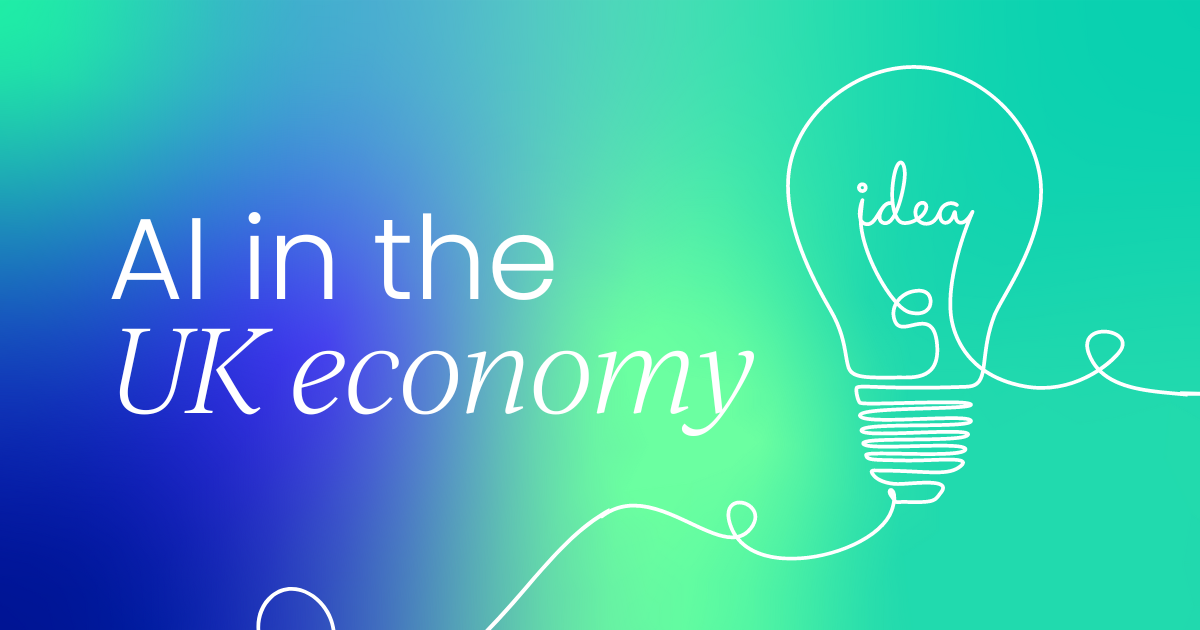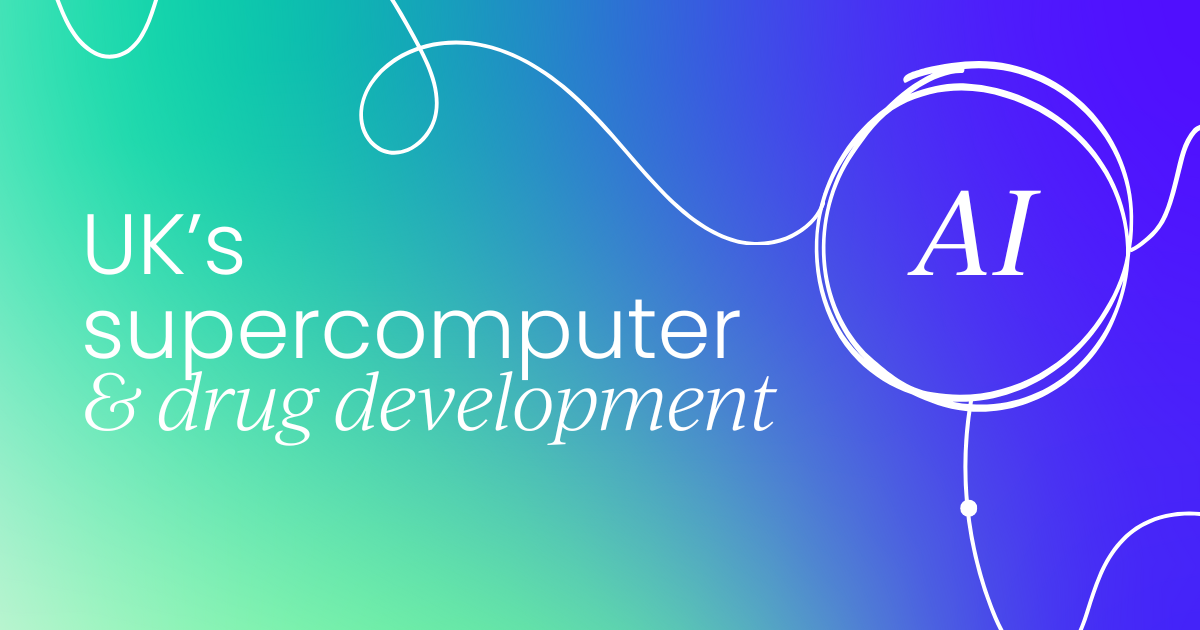My daily work in the EdTech industry consists of constant back-and-forth comparison between the United Kingdom’s admissions machine and the digital experiences offered at higher education systems elsewhere.
While UK universities debate workflow changes, universities in competing nations are plugging mass-scale AI systems directly into recruitment and immigration processes.
Unless we get similar equipment to work for us, ethically and at sector scale, the recent drop in foreign applications might be the beginning of a longer fall.
Global competition is accelerating
In March 2024, Reuters wrote that Microsoft and OpenAI are mulling a $100 billion U.S. super-computer project called Stargate to train the next generation of language models. Faster models translate to richer, more personalized student-facing services: anything from adaptive test preparation to multilingual visa counseling.
On the demand side, UNESCO’s 2024/5 Global Education Monitoring Report suggests that cross-border tertiary enrolments will rise by some two million seats by 2030, driven by South Asia and Sub-Saharan Africa most of all.
Potential students in these nations do much of their research online and respond quickly to chat-based counsel. It’s the perfect setting for today’s language models.
UK Government prioritizes AI for economic growth and services
The UK places AI at the center of its strategy for economic growth and improved public services, led by Science Secretary Peter Kyle.

Home-grown headwinds
The UK, on the other hand, has done the reverse. From 1 January 2024, the majority of international students will have the right to bring dependents with them, as a Home Office press release confirmed. And on 12 May 2025, the immigration white paper of the government laid out to cut Graduate-Route work rights to 18 months from two years (White Paper). Early figures show the impact is immediate: Universities UK reports a 44 percent decrease in January 2024 postgraduate-taught enrollments compared to the previous year.
The applicant’s maze
Policy changes contribute to an already fragmented process: multiple document portals, disproportionate English-language regulations, and inconsistent turnaround times.
When there are delays in official replies, students congregate in WhatsApp or Telegram groups, where misinformation and downright fraud spread rapidly. I’ve spoken with families who paid unlicensed agents just to upload PDFs that the university should have accepted for free.
Every lost or intimidated candidate blemishes the UK’s reputation for educational transparency.
Why AI now makes practical sense
Big language models at last give the missing layer of always-present, policy-aware advice. A model trained on the UKVI rule-set, UCAS codes, CAS logic, and institutional rules can answer subtle questions in dozens of languages, urge applicants if a bank letter or tuberculosis certificate is missing, pre-screen document quality before human officers waste time, and even emit rule changes the moment the Home Office updates its guidance.
All of that can happen in seconds, at any hour, without building yet another portal.
Lessons from building an admissions companion
We tested out an AI companion as an internal pilot during the past two years with my colleagues. We grounded the model on nothing but formal reports: Home-Office sponsor advice, university policy PDFs, anonymized email templates.
There are three things that we found most interesting:
- Context before horsepower. Precision was enhanced more by selecting clean source material than by changing to the latest model.
- Transparency fosters trust. Showing the precise paragraph a response is from, with a live link, cuts down on follow-up questions more than any tone adjustment.
Staff want relief, not replacement. When admissions staff created lists of work they would offload first, “file-name formatting” and “duplicate-document emails” were first; no one feared for the loss of the human touch of their work.
Designing for interoperability and privacy
Any production-ready solution must read and write to installed CRMs and student-record systems using secure APIs, adhering to GDPR and local data-classification guidelines.
That integration approach avoids the creation of a standalone “AI portal” and maintains human agency: the model reports uncertainty, triages hard cases, and trains continuously from staff edits.
UK’s AI supercomputer to transform drug development
See how the UK’s £225m Isambard-AI supercomputer is set to revolutionize drug and vaccine development using cutting-edge AI technology.

Expected impact
Increased industry uptake will not remake immigration policy, but it can close the service gap currently sending applicants to competing destinations.
Small efficiency boosts translate into days shaved off offer release, percentage-point decreases in visa refusals, fewer out-of-hours queries: total millions of pounds of saved fee revenue and, more importantly, into goodwill among students perceiving the UK as responsive, not bureaucratic.
A collaborative path forward
Government, sector groups, and suppliers would collectively pay for a shared knowledge base for visa regulations, credential-evaluation standards, and regulatory reporting.
Local layers would then be adapted by individual universities without replicating the regulatory core. This kind of collaboration would mirror the infrastructure-first approach behind the U.S. Stargate initiative and enable the UK to continue to be a destination of choice for global talent.
Conclusion
Global recruitment is no longer a battle of shiny pamphlets but one of latency, language coverage, and policy correctness. AI will not undo discriminatory visa policies, but it will ensure that when opportunities are available, deserving students are not lost in bureaucratic fog.
For a sector generating more than £40 billion a year in exports, the deployment of ethical, interoperable AI is less an experiment and more a prudent maintenance of the UK’s competitive edge.
#2024, #2025, #Admissions, #Advice, #Africa, #Agents, #Ai, #AiSupercomputer, #AISystems, #AITechnology, #APIs, #Applications, #Approach, #Articles, #ArtificialIntelligence, #Asia, #Bank, #Billion, #Border, #Building, #CAS, #Collaboration, #Collaborative, #Comparison, #Competition, #Computer, #Credential, #Cutting, #Data, #Deployment, #Development, #Drug, #EARLY, #Economic, #Edge, #EdgeAI, #Education, #Efficiency, #Email, #Emails, #English, #Equipment, #Ethical, #Evaluation, #Fraud, #Future, #Gap, #Gdpr, #Global, #GoodWill, #Government, #Growth, #Guidance, #Guidelines, #Hand, #HigherEducation, #How, #Human, #Immigration, #Impact, #Industry, #Infrastructure, #Integration, #Interoperability, #InteroperableAI, #It, #Language, #LanguageModels, #Languages, #Latency, #LED, #LESS, #Link, #Lists, #Logic, #Maintenance, #Mass, #Material, #Microsoft, #Misinformation, #Model, #Models, #Moment, #Monitoring, #One, #Openai, #Other, #Outreach, #PAID, #Paper, #PDFs, #Pilot, #Policies, #Policy, #Process, #Production, #Project, #PublicServices, #Read, #Recruitment, #Regulations, #Replacement, #Report, #Reports, #Research, #Responsive, #Revenue, #Reverse, #Rules, #Scale, #Science, #Staff, #Standalone, #Standards, #Stargate, #Strategy, #Students, #Sub, #Supercomputer, #Talent, #Technology, #Telegram, #Templates, #Test, #Time, #Transform, #Translate, #Transparency, #Trust, #Tuberculosis, #UK, #UkGovernment, #UnitedKingdom, #Universities, #University, #Us, #Vaccine, #VaccineDevelopment, #Visa, #Waste, #Whatsapp, #Work, #Workflow
Published on The Digital Insider at https://is.gd/ZyLieR.
Comments
Post a Comment
Comments are moderated.